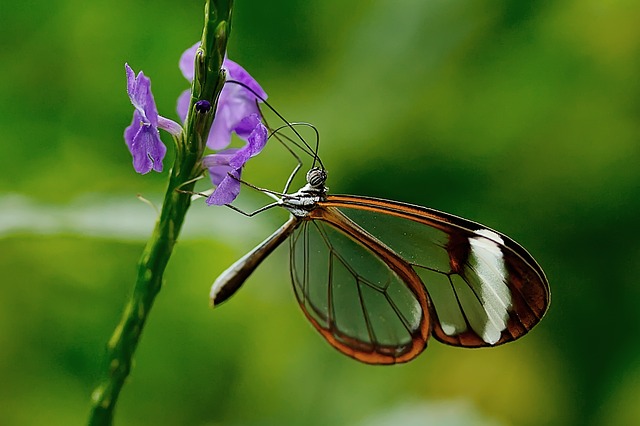The Nutritional Needs of Exotic Pets
Exotic pets, such as birds, reptiles, and small mammals, have unique nutritional requirements that are different from those of domesticated animals. Providing the right nutrients is crucial for maintaining their overall health and well-being. In this article, we will delve into the nutritional needs of exotic pets and provide guidance on how to ensure they receive a balanced diet.
Nutrition plays a vital role in the life cycle of exotic pets. From hatching eggs to growing, breeding, or aging, each stage requires specific nutrients for optimal health. Failure to meet these nutritional demands can lead to malnutrition, stunted growth, or even death. In this article, we will explore the various aspects of exotic pet nutrition and provide tips on how to create a balanced diet for your beloved pets.
**Understanding Your Pet’s Nutritional Needs**
Before diving into the specifics of exotic pet nutrition, it is essential to understand that each species has unique nutritional requirements. For instance:
* Birds require a high-protein diet with a mix of fruits, vegetables, and grains.
* Reptiles need a calcium-rich diet with a balance of proteins, vitamins, and minerals.
* Small mammals, such as rabbits and guinea pigs, require a high-fiber diet with plenty of fresh hay and limited amounts of pellets.
To determine your pet’s nutritional needs, research their specific requirements based on their species, age, and health status. Consult with a veterinarian or experienced breeder to ensure you are providing the best possible care for your exotic pet.
**Nutrient-Rich Foods for Exotic Pets**
A balanced diet for exotic pets should include a variety of nutrient-rich foods. Here are some examples:
* Fresh fruits, such as berries, melons, and apples.
* Leafy greens, like kale, spinach, and collard greens.
* Protein sources, including insects, worms, or commercial pellets specifically formulated for your pet’s species.
* Calcium-rich foods, such as crushed eggshells, cuttlebone, or dark leafy greens.
When selecting foods for your exotic pet, choose fresh, organic options whenever possible. Avoid giving them too much of any single food, as this can lead to nutritional imbalances.
**Creating a Balanced Diet**
To create a balanced diet for your exotic pet, follow these steps:
1. **Consult with a veterinarian or experienced breeder**: Get expert advice on the specific nutritional needs of your pet’s species and age group.
2. **Research nutrient-rich foods**: Learn about the best sources of protein, calcium, vitamins, and minerals for your pet’s species.
3. **Choose a variety of fresh fruits and vegetables**: Include a mix of dark leafy greens, colorful fruits, and crunchy veggies in their diet.
4. **Supplement with commercial pellets or powders**: If necessary, use commercially available pellets or powders specifically formulated for your pet’s species.
5. **Rotate foods seasonally**: Change up the menu periodically to ensure a variety of nutrients and flavors.
**Tips and Considerations**
Some additional tips and considerations when it comes to exotic pet nutrition:
* **Avoid giving wild insects as food**: While some species may enjoy them, others may be toxic or cause allergies.
* **Don’t overfeed**: Monitor your pet’s weight and adjust portion sizes accordingly to prevent obesity.
* **Use fresh water at all times**: Ensure access to clean, fresh water for optimal hydration.
In conclusion, providing the right nutrients is crucial for maintaining the health and well-being of exotic pets. By understanding their unique nutritional needs, selecting nutrient-rich foods, creating a balanced diet, and following tips and considerations, you can help ensure your beloved pets live happy, healthy lives.
Related Articles
- Nutrition for Small Mammals
- The Importance of Calcium in Exotic Pet Nutrition
- Creating a Balanced Diet for Birds
- The Role of Vitamins and Minerals in Exotic Pet Nutrition
Tags:
- Nutrition for Exotic Pets
- Exotic Pet Care
- Pet Nutrition
- Wild Animal Nutrition
- Animal Care Tips
